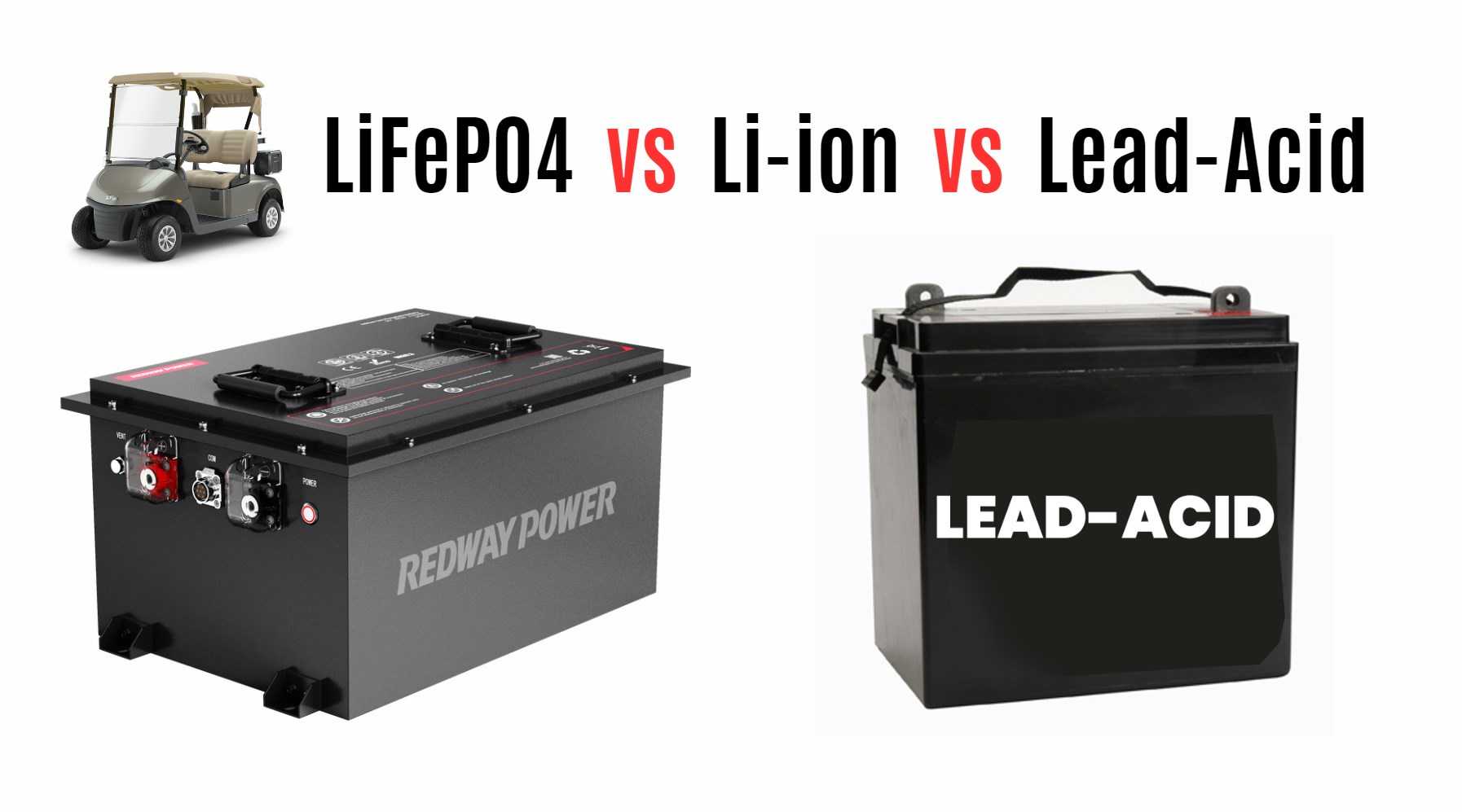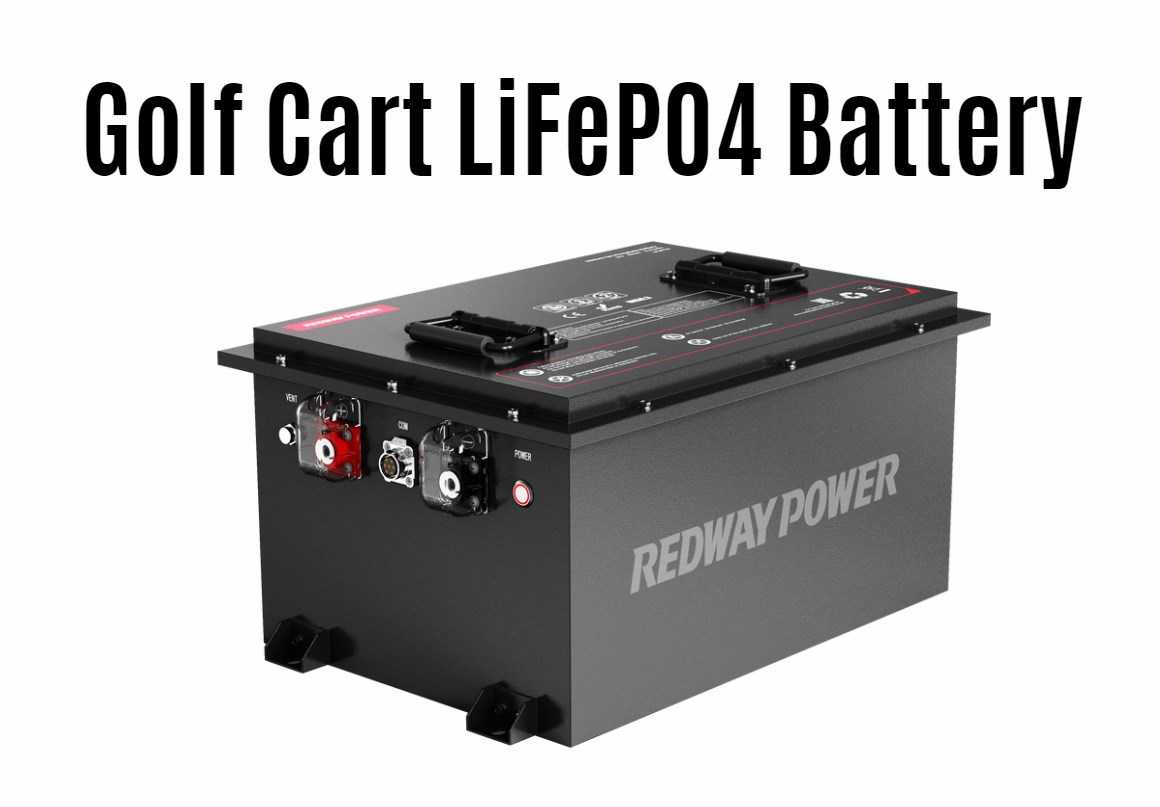In the realm of battery technology, choosing the right type is crucial for optimizing performance, cost-effectiveness, and longevity across various applications. This article delves deep into the comparative analysis of LiFePO4 (Lithium Iron Phosphate), Li-ion (Lithium-ion), and Lead-Acid batteries, highlighting their respective strengths and ideal use cases.
Lead-Acid Batteries
Lead-Acid batteries have long been a staple in industries like solar power due to their affordability and robustness. They offer a longer lifespan and are well-suited for stationary applications with moderate energy demands. However, their lower energy density and higher maintenance requirements make them less ideal for applications requiring high energy efficiency and rapid charge times.
Li-ion Batteries
Li-ion batteries, renowned for their high energy density and fast-charging capabilities, have revolutionized portable electronics and electric vehicles. With energy densities ranging from 125 to 600+ Wh/L, Li-ion batteries provide extended range and efficiency, making them indispensable for applications where space and weight are critical factors.
LiFePO4 Batteries
LiFePO4 batteries emerge as a superior alternative, particularly in applications prioritizing safety, longevity, and cost-effectiveness. With a lifespan exceeding five years and a robust thermal stability profile, LiFePO4 batteries are ideal for electric mobility, solar energy storage, and other high-capacity applications. Their lower self-discharge rates and superior cycle life compared to traditional Li-ion batteries make them a reliable choice for long-term energy solutions.
Comparative Analysis
Charging Efficiency
- Lead-Acid: Typically requires up to 10 hours for a full charge.
- Li-ion: Charges significantly faster, ranging from 3 hours to mere minutes, depending on capacity.
Energy Density
- Lead-Acid: Achieves energy densities between 50-90 Wh/L.
- Li-ion: Offers higher energy densities ranging from 125-600+ Wh/L, optimizing space and weight efficiency.
Cost Considerations
- Lead-Acid: Economical and widely available, suitable for applications with ample space and moderate energy demands.
- Li-ion: Initially higher in cost but offers greater cost-effectiveness over time, especially for applications requiring high power and extended range.
Conclusion
Choosing the right battery type depends on specific application needs. While Lead-Acid batteries remain cost-effective for stationary uses, Li-ion batteries excel in portable electronics and high-performance vehicles. However, for applications demanding superior safety, longevity, and overall value, LiFePO4 batteries emerge as the optimal choice.





